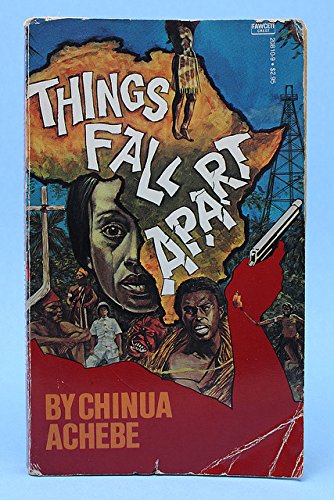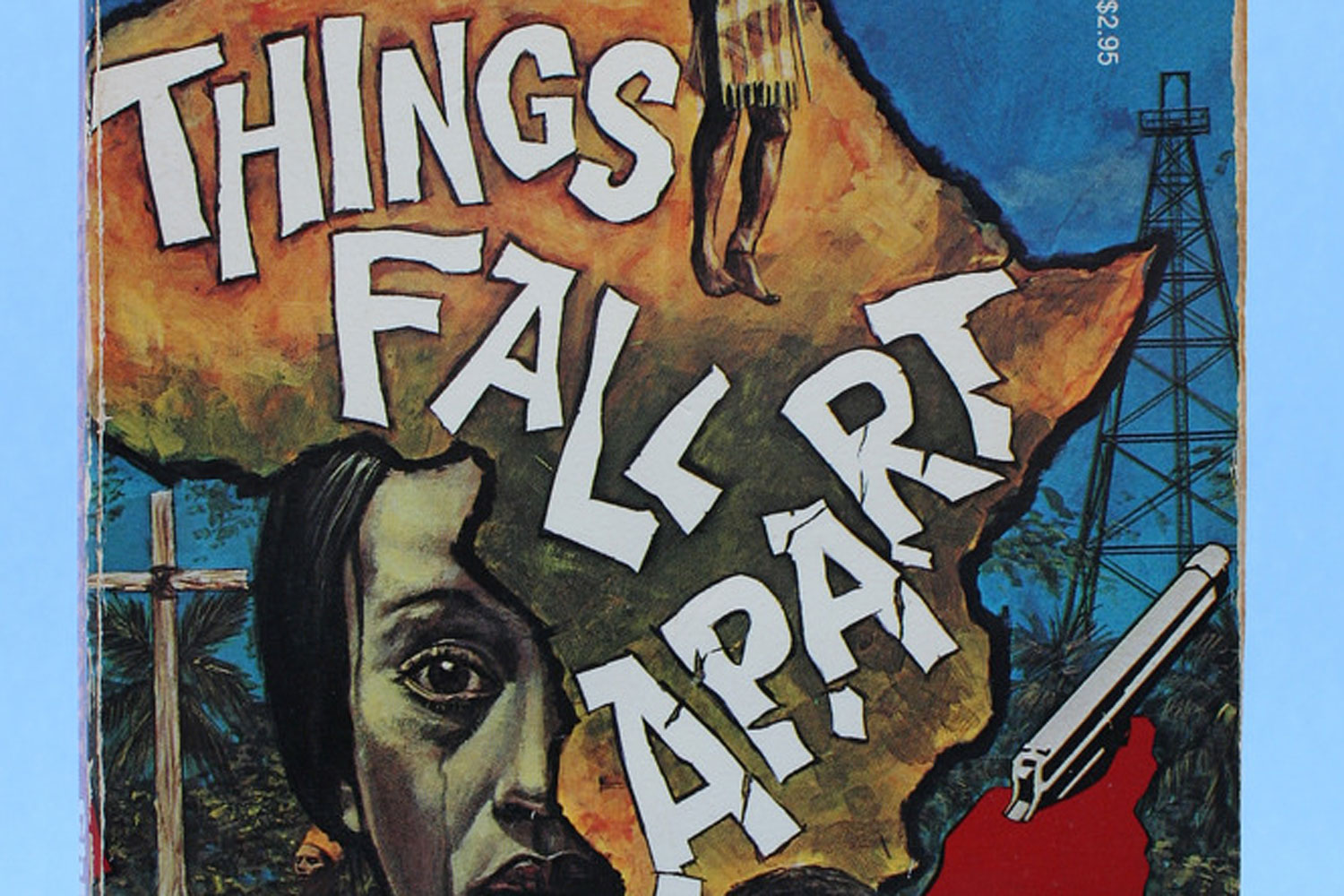Chinua Achebe, the Nigerian author and poet, is celebrated as one of the most influential figures in African literature. His novel “Things Fall Apart” is considered a masterpiece and has been translated into numerous languages, introducing African literature to a global audience.
Achebe’s work not only highlighted the complexities of African societies but also challenged Western stereotypes about Africa, paving the way for other African writers to share their stories.

Born in Nigeria in 1930 and widely regarded as one of Africa’s most celebrated authors. His seminal novel, “Things Fall Apart,” published in 1958, is a literary masterpiece that has been translated into over 50 languages. The novel tells the story of Okonkwo, a respected Igbo leader, and explores the clash between traditional Igbo culture and the forces of colonialism. Achebe’s work not only provided a glimpse into the complexities of African societies but also challenged Western stereotypes about Africa, placing African literature on the global stage.

His literary contributions extended beyond his novels. He wrote essays and delivered lectures that critiqued the representation of Africa in Western literature and media. His commitment to promoting African culture and history through his writing made him a revered figure in African literature.
Chinua Achebe’s legacy continues to inspire writers and scholars, fostering a greater understanding of African narratives and the power of literature to shape perceptions and challenge prevailing norms.
Chinua’s impact on African literature can be measured not only by the literary accolades he received but also by the profound influence he had on generations of African writers. He played a pivotal role in sparking a literary renaissance across the continent. Achebe’s works served as a bridge between African oral traditions and the written word, allowing African literature to reclaim its own narratives and voices. His exploration of themes such as colonialism, identity, and the clash of cultures provided a rich tapestry upon which other African writers could build their own stories and perspectives.
Committing to education and his role as an educator further solidified his legacy. He held teaching positions at various universities, including Bard College in the United States, where he continued to champion African literature and mentor emerging writers. His dedication to nurturing the next generation of African literary talent ensured that his influence would endure.
Today, African literature is a vibrant and diverse field, in no small part thanks to the trailblazing path that Chinua Achebe blazed with his words and unwavering commitment to the power of storytelling.


